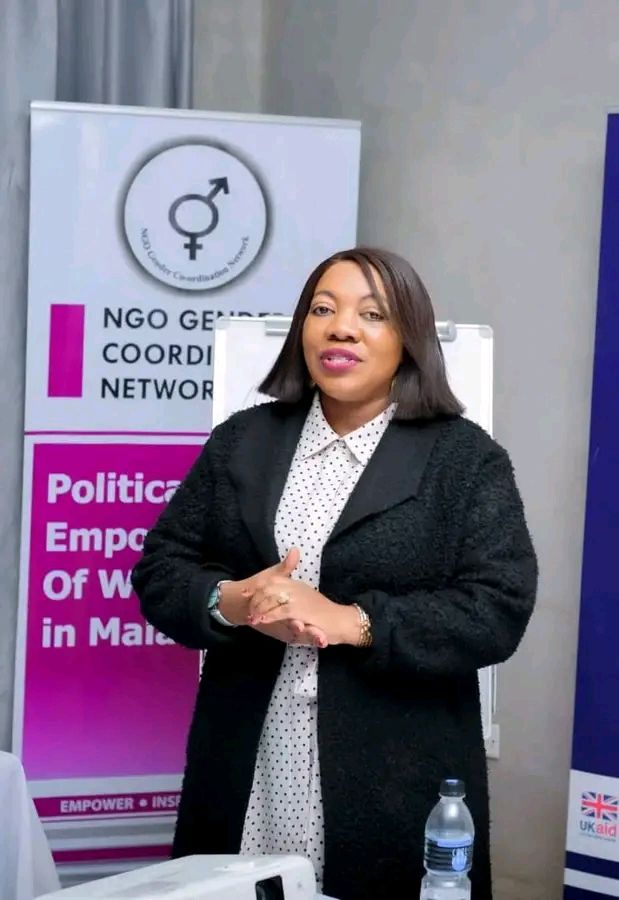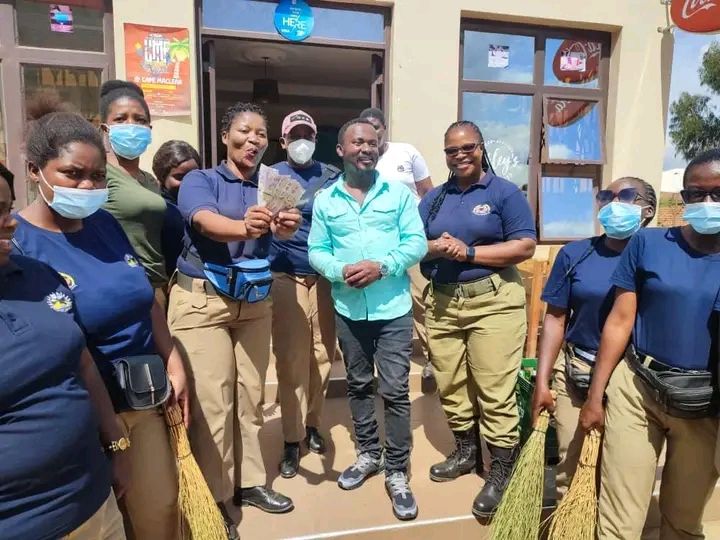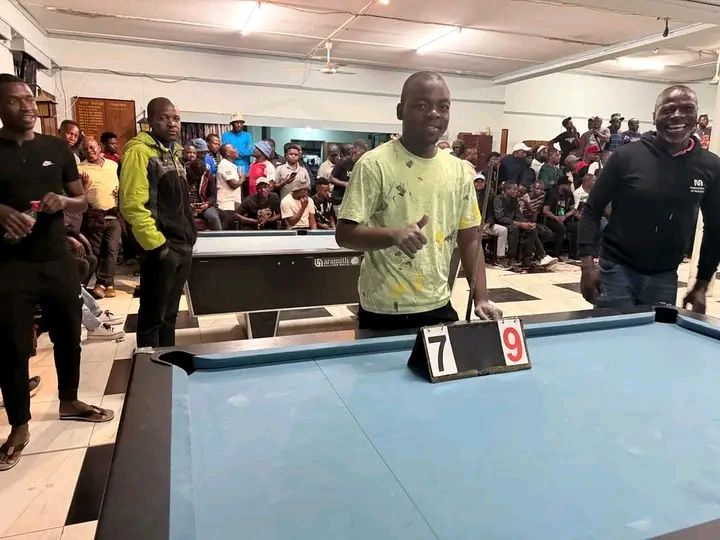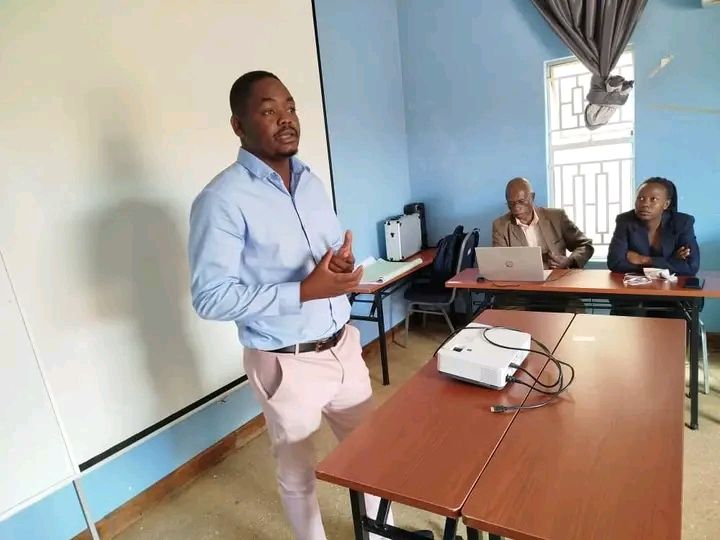By Jones Gadama
The Gender Coordination Network (NGO-GCN) is confident that women candidates they have been engaging with are well-prepared to contest in the forthcoming September 16 elections.
According to NGO-GCN Board Chairperson Maggie Kathewera Banda, the organization has been conducting women empowerment initiatives, including capacity building for women interested in contesting for various positions.
With funding from UN Women, NGO-GCN has been working tirelessly to equip women with the necessary skills and knowledge to participate in the electoral process. The organization’s efforts are focused on four districts: Ntchisi, Phalombe, Balaka, and Nkhatabay.
Through its 50-50 campaign initiative, which dates back to the late 1990s, NGO-GCN has provided women with training on political campaign operations, parliamentary procedures, and local government functions.
NGO-GCN’s 50-50 campaign initiative aims to promote equal representation of men and women in politics.The organization believes that women’s participation in decision-making positions is crucial for sustainable development and democracy.

By providing women with the necessary skills and knowledge, NGO-GCN is empowering them to take on leadership roles and challenge the status quo.
The organization’s efforts have not gone unnoticed. In Ntchisi, NGO-GCN member Felix Chikalira emphasized the importance of supporting women who are willing to contest in various positions. “Political parties must desist from castigating women willing to stand in various positions,” Chikalira said, adding that,”We need to create an environment that allows women to participate freely in the electoral process.”
NGO-GCN has also been engaging with political party leaders to seek their support for women contesting in the elections.
The organization believes that political parties play a crucial role in promoting women’s participation in politics.
By working with political parties, NGO-GCN aims to ensure that women are given a fair chance to contest and win elections.
In a recent meeting with political leaders in Machemba Constituency, Phalombe, NGO-GCN and YONECO urged leaders to rally behind capable female candidates.
The meeting emphasized the importance of promoting women’s representation in leadership positions and encouraged leaders to support women in the upcoming primary elections.
NGO-GCN’s efforts are a step towards achieving equal representation of men and women in politics.
The organization’s work with women candidates and political party leaders is crucial in promoting women’s participation in decision-making positions.
As Malawi prepares for the September 16 elections, NGO-GCN’s initiatives are expected to make a significant impact on the country’s democratic process.
By empowering women and promoting their participation in politics, NGO-GCN is contributing to a more inclusive and representative government.
The organization’s commitment to promoting women’s rights and empowerment is evident in its tireless efforts to support women candidates.
The upcoming elections present a significant opportunity for women to take on leadership roles and shape the future of Malawi.
NGO-GCN’s initiatives will undoubtedly contribute to a more inclusive and representative government.
The organization’s work is crucial in promoting women’s participation in decision-making positions and challenging societal attitudes that hinder women’s progress.
NGO-GCN’s efforts to empower women and promote their participation in politics are a significant step towards achieving equal representation and sustainable development in Malawi.
The organization’s commitment to promoting women’s rights and empowerment is evident in its work with women candidates and political party leaders.
As we move forward, it is essential that we continue to prioritize women’s empowerment and promote their participation in decision-making positions.





